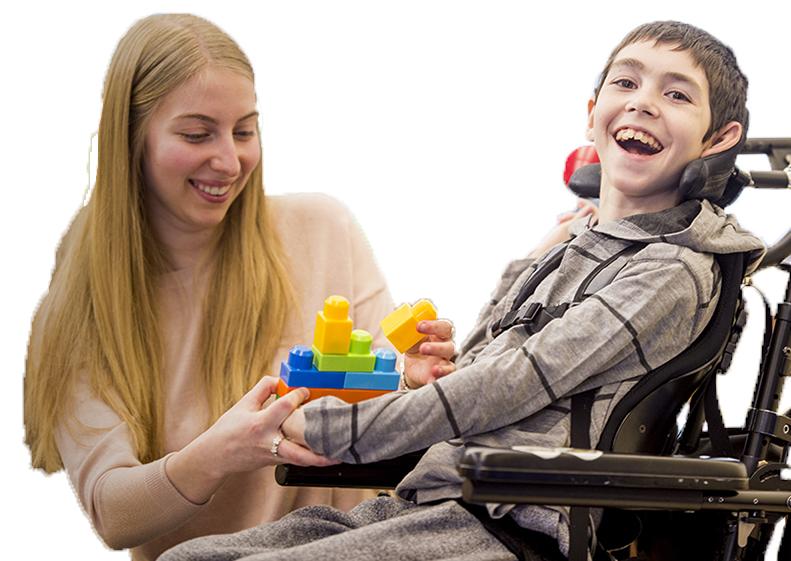Resources Directory
Search below to find a hospital, doctor, therapy, and more

Assistive Technology for Kansas (ATK)
ATK connects people with disabilities and health conditions of all ages with the assistive technology they need to learn, work, play and participate in community life safely and independently.
Each of the five AT Access Sites have experienced staff who can assist Kansans see and try a device, borrow a device, get a used device or help locate funding for a new or used device, or teach individuals or groups how to maintain and use technology. The AT Access Sites are located in Oakley, Salina, Wichita, Topeka and Parsons. An affiliate office for obtaining high quality refurbished technology is located in Garden City.
Get Help Funding A Device: Once you know the device that meets your needs, it's important to consider possible funding options. ATK staff will work with you to review public and private funding resources, identify the ones most likely to fit your situation, and assist you in completing applications and submitting required funding documentation. ATK has experience working with a variety of public and private funding sources such as Kansas Rehabilitation Services, Kansas Medicaid, Infant Toddler Services, public education, Medicare, Veterans Affairs, private health insurance, Rural Housing Grants, Friends of Man, etc.
ATK also works with the Kansas AT Cooperative (KATCO). KATCO offers flexible preferred rate financial loans for assistive technology devices and services. A KATCO loan may be used to pay for part or all of the cost of the assistive technology you need. To request funding assistance, call 800 KAN DO IT (800-526-3648) or email your regional AT Access Site.
Get A Used Device: ATK provides quality used devices through two efforts. KEE is a reuse partnership between Kansas Health Policy Authority and ATK. Through KEE, eligible Kansans can get quality, refurbished durable medical equipment such as manual and power wheelchairs, patient lifts, electronic hospital beds, shower chairs, communication devices and other health devices.
ATK accepts donations of durable medical equipment for KEE but other assistive technology devices can be donated to the ATK reuse program. ATK partners with local and regional loan closets across the state to help Kansans with disabilities access a wide range of equipment. Equipment is reassigned on a first come – first serve basis. If you can't find the device you're need, contact your regional AT Access Site to get on the waiting list or to see if other options are available.
Other AT Services:
Information and Assistance – ATK staff is available to answer questions for persons with disabilities, family members, employers, service providers, educators and others. ATK provides this service at no cost through use of a toll-free number, e-mail, mail or person-to-person meetings. Typical questions involve identifying AT device options, providing strategies for working with agencies, or discussing funding avenues. ATK responds to individual AT requests through research, using existing products, devices or services, and by linking individuals to outside resources.
Training:
INDIVIDUALS: ATK provides a variety of training opportunities for individuals and groups. ATK provides training for individuals with disabilities in the use of assistive technology hardware or software. If an individual is eligible for a public funding source, such as Kansas Rehabilitation Services or Kansas Medicaid, ATK staff will ask for permission to bill for their services.
ORGANIZATION/AGENCY: A wide range of training is available to groups. Examples of topics include: learning about specific equipment related to a specific AT category or need such as vision, memory, communication, learning disabilities; work site and education accommodations; funding/policy issues; AT resources; strategies for implementation; and special requests.
Please visit our website or Contact us for more information:
ATK Locations & Contacts
Main Office:
